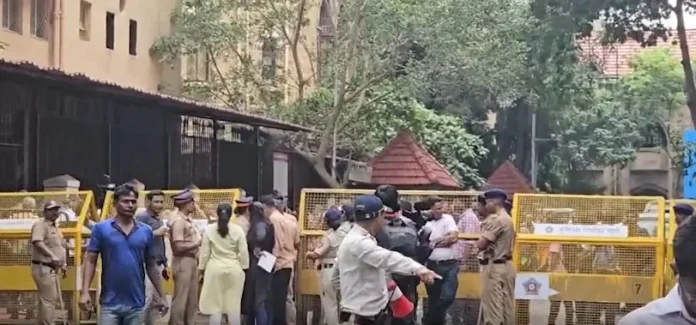Mumbai, July 31: In a landmark judgment, a special National Investigation Agency (NIA) court on Thursday acquitted all seven accused in the 2008 Malegaon blast case, citing lack of sufficient evidence. The verdict brings an end to nearly 17 years of legal proceedings in one of India’s most high-profile terror cases.
Those acquitted include BJP MP Sadhvi Pragya Singh Thakur, Major (Retd) Ramesh Upadhyay, Sudhakar Chaturvedi, Ajay Rahirkar, Sudhakar Dhar Dwivedi (also known as Shankaracharya), and Sameer Kulkarni. All charges under the Unlawful Activities (Prevention) Act (UAPA), the Arms Act, and the Indian Penal Code (IPC) were dropped by the court.
The Malegaon blast occurred on September 29, 2008, when a bomb strapped to a motorcycle exploded near the Bhikku Chowk mosque in Malegaon, Nashik district, Maharashtra. The blast took place during the holy month of Ramzan and just before the Hindu festival of Navratri, killing six people and injuring over 100 in the communally sensitive town.
The courtroom was packed as the verdict was delivered, with all accused present in compliance with court directives. The court also ordered compensation of ₹2 lakh to the families of each of the six deceased and ₹50,000 to every injured victim.
The case was marked by its scale and complexity, with a case file exceeding one lakh pages. Hearings concluded in April 2025, and the court reserved its judgment on April 19. Given the extensive material, the court took additional time to thoroughly scrutinize all records before pronouncing the final verdict.
The prosecution examined 323 witnesses during the course of the trial; however, 34 of them turned hostile, significantly weakening the case.
Initially investigated by the Maharashtra Anti-Terrorism Squad (ATS), the case saw the arrest of several individuals and the filing of the first charge sheet. The investigation was later handed over to the NIA in 2011. In 2016, the NIA filed a supplementary charge sheet that dropped several charges against some of the accused, including Sadhvi Pragya Singh Thakur, citing insufficient evidence under anti-terror laws.
All the accused were out on bail during the trial, facing serious allegations including conspiracy, murder, and use of explosives under the UAPA and IPC.

